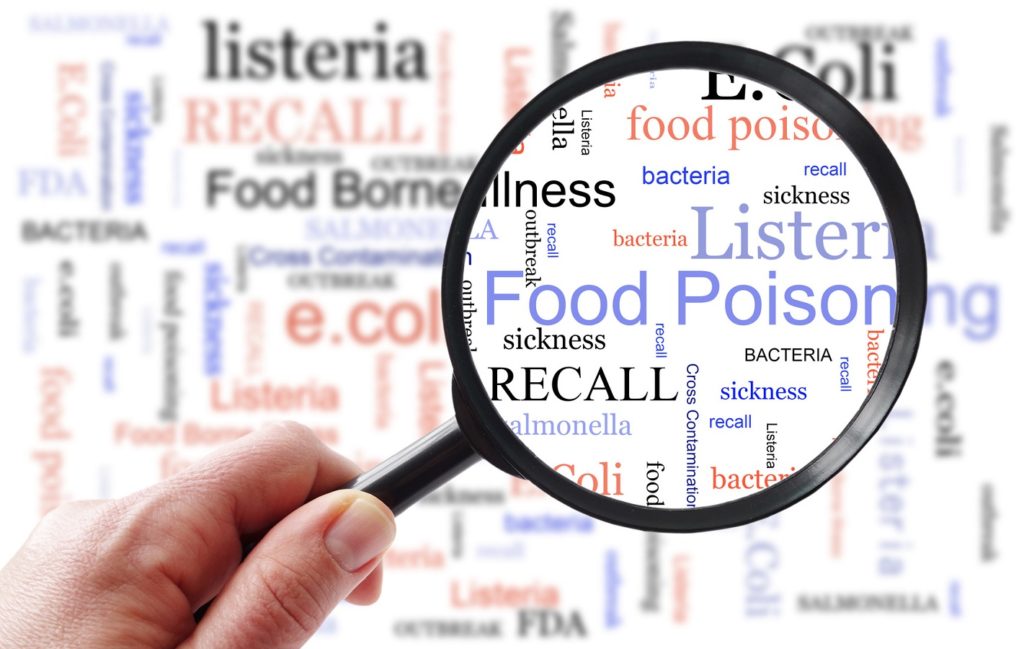The FDA reported o a new outbreak of Listeria monocytogenes that was added to the CORE table (ref #1106). The product was not identified yet. FDA has initiated an on-site inspection and sample collection and analysis. For the Salmonella Mississippi outbreak (ref# 1097) in a not yet identified product, the case count has increased from 100 to 102 cases. @ https://www.fda.gov/food/outbreaks-foodborne-illness/investigations-foodborne-illness-outbreaks?utm_medium=email&utm_source=govdelivery




